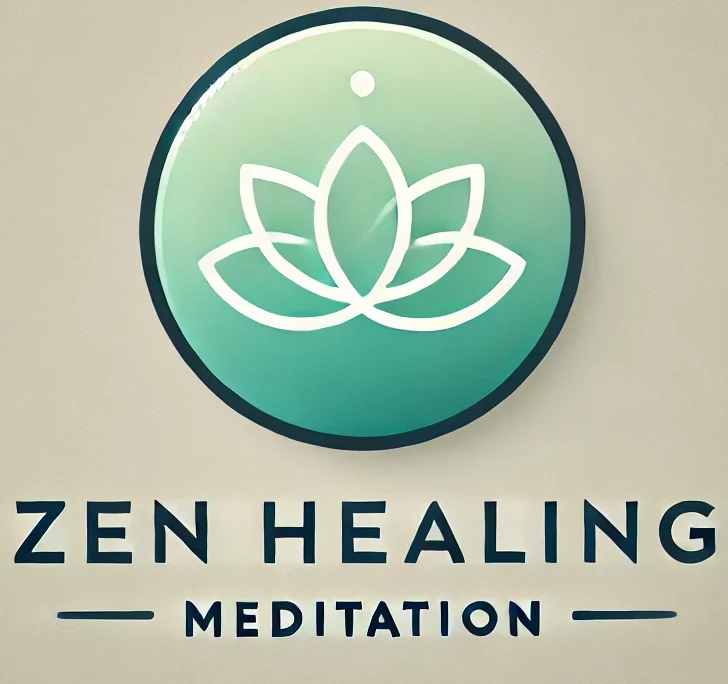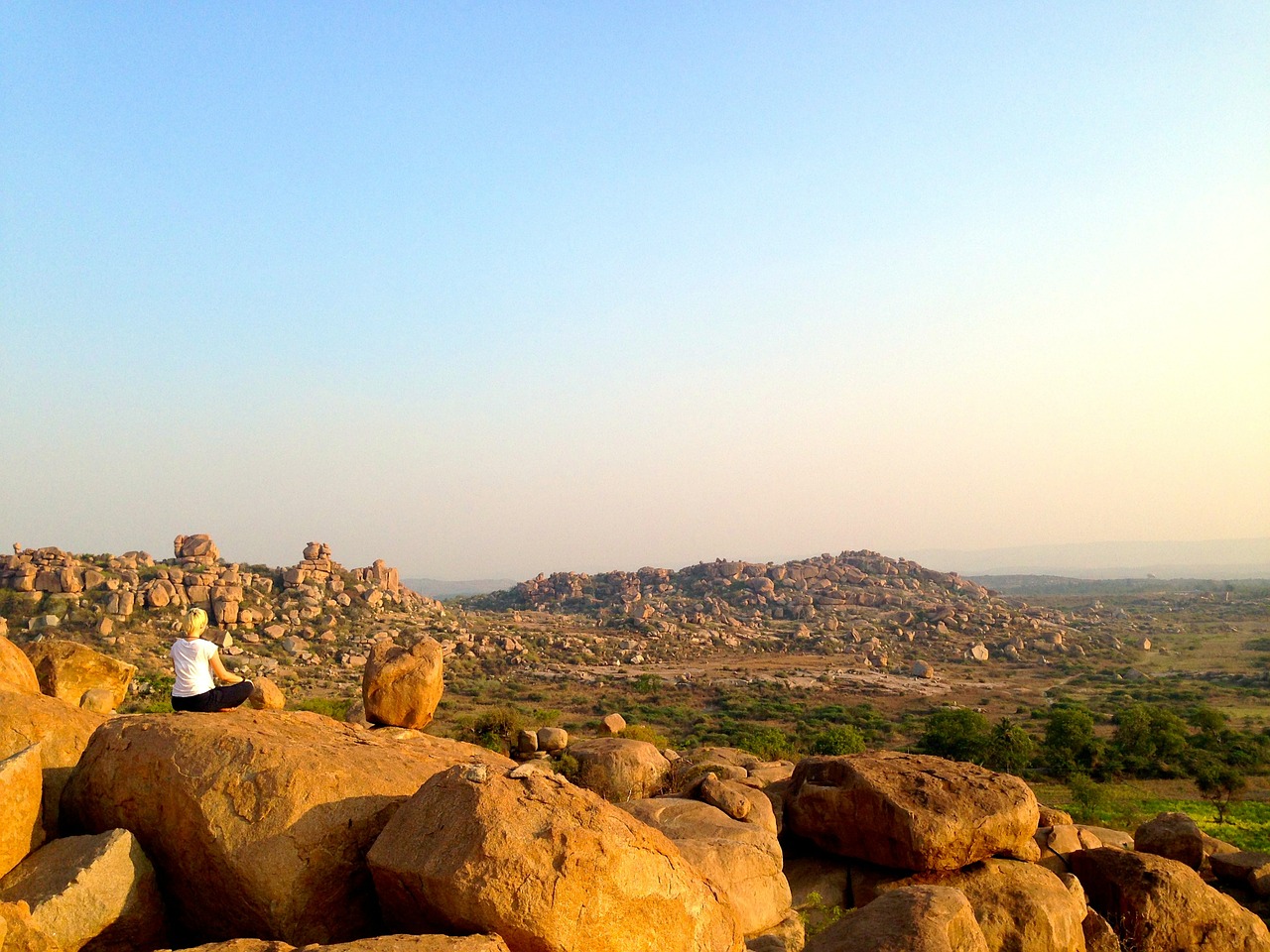 Meditation has been practiced around the world for thousands of years. It is simply to stop, to stop any movement of the mind and enter silently in itself.
Meditation has been practiced around the world for thousands of years. It is simply to stop, to stop any movement of the mind and enter silently in itself.
What exactly is meditation? Meditating is both a way of life and a state of mind. It can be done almost anywhere, all the time. Without getting lost in the definition, we can say that meditation is a pause, a self-examination. It is why people that meditate regularly are considering it a moment of liberation since it mainly involves to empty the mind as much as possible and to let go of all concerns and hassles of life.
It has no purpose or objective, if not to let go and get in touch with our inner world and subconscious mind. Meditation can be also explained as a branch of energy manipulation. It involves the human brain subconscious part and this is where all of our paradigms resides, therefore, by manipulating these parts of the brain, we also manipulate our subconscious energies.
In scientific terms, the human brain constantly communicates to the body the reassuring or threatening nature of its surrounding environment. For example, when gets stuck in traffic or in a long queue, the brain sends a warning signal to the body so that it snaps into “fight or flight” mode. This is the manifestation of stress.
When a person meditates, he or she tells and makes believe to his or her brain that the surrounding environment is “safe” and “peaceful”, so free from stressful situations. The positive effects of this little ruse are immediate: the brain immediately releases hormones promoting relaxation and good humor, decreasing at the same time stress hormones (adrenaline, for example).
Therefore, the physiological changes induced by stress, such as increased heart rate, increased blood pressure and accelerated breathing, are greatly reduced. Similarly, the mind becomes more relaxed, alert and balanced. Better still, when we meditate regularly, these positive effects occur even outside of the meditation sessions.

